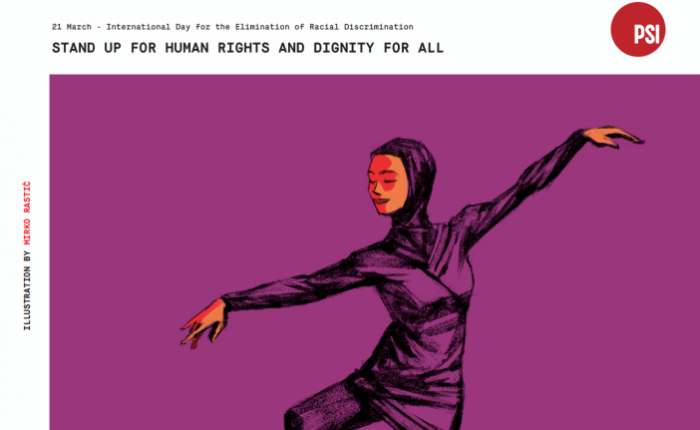Inter-America
In North, Central and South America and the Caribbean, 140 labor organizations in 35 countries are affiliated to PSI, with a total membership of about 3.3 million workers. The regional office is currently based in São Paulo, Brazil. Contact the regional offices.



















